“Your home for fearless film reviews, the latest entertainment news, and unfiltered movie rants.”
Green Book (2018) – Movie Review: Friendship, Humor & Hard Truths Starring Mahershala Ali
Green Book is an emotionally engaging, true-story-inspired road movie that explores friendship, race, and the power of shared experiences across social divides. Set in the racially charged 1960s, the film follows the unlikely partnership between Tony Lip (Viggo Mortensen), a streetwise Italian-American bouncer, and Dr. Don Shirley (Mahershala Ali), a sophisticated Black pianist, as they embark on a concert tour through the segregated Deep South. With Tony as the driver and Don relying on the “Green Book” travel guide to navigate safe accommodations for Black travelers, the journey brings humor, tension, and personal growth. Through sharp dialogue, stellar performances, and a blend of humor and poignancy, Green Book invites viewers to reflect on themes of humanity, prejudice, and connection.
The Tipsy Critic
2/2/2019
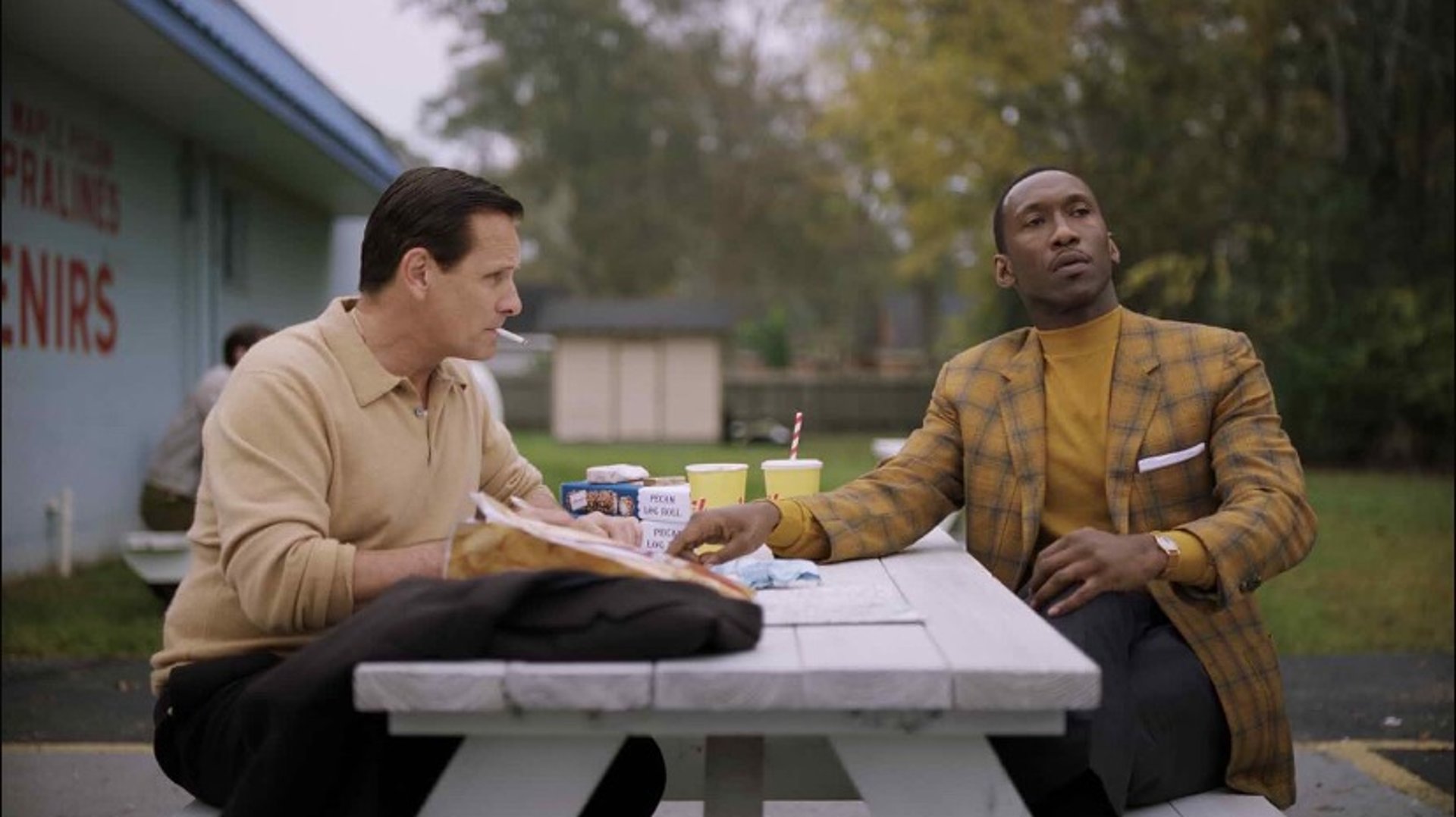
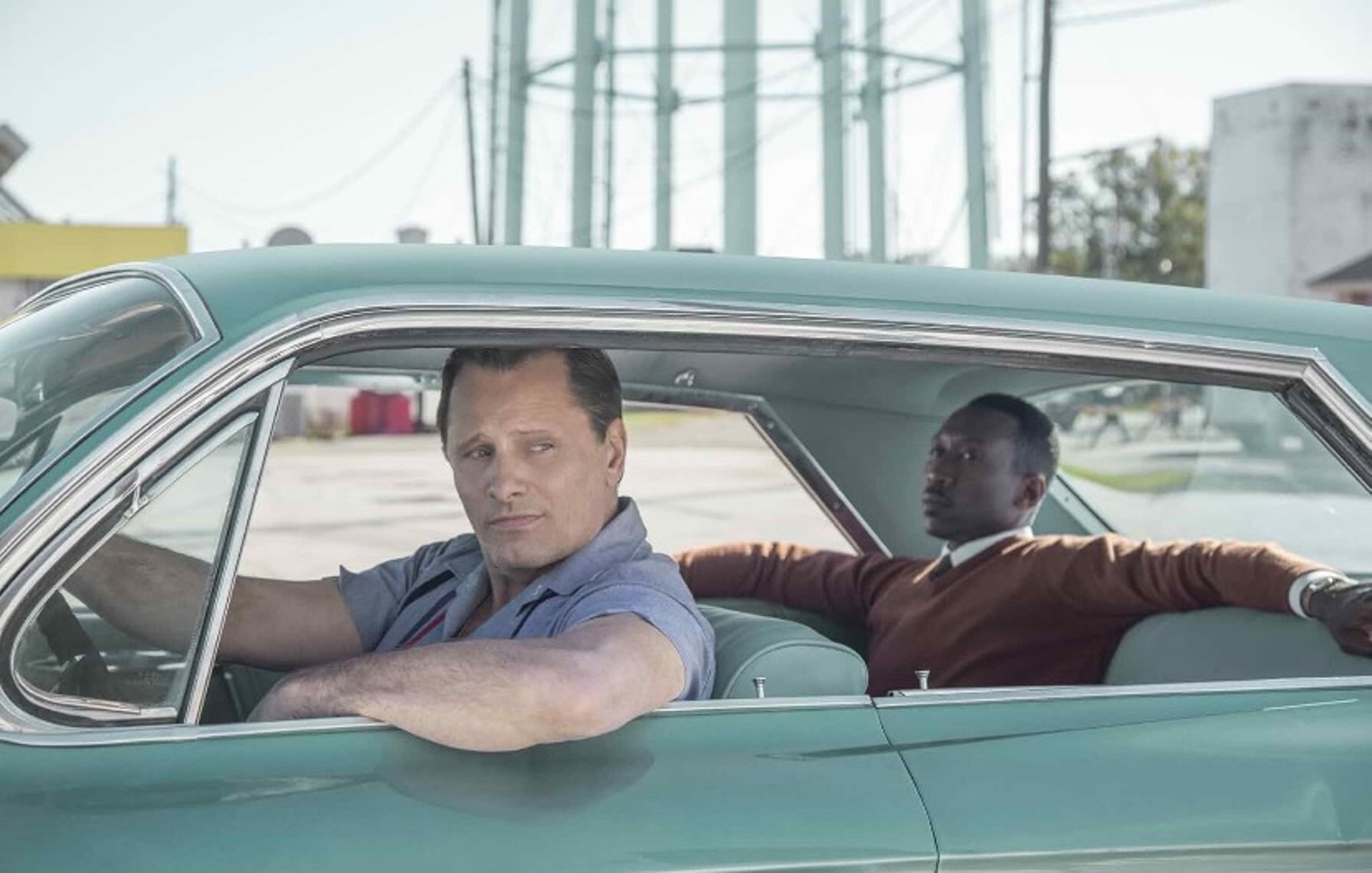
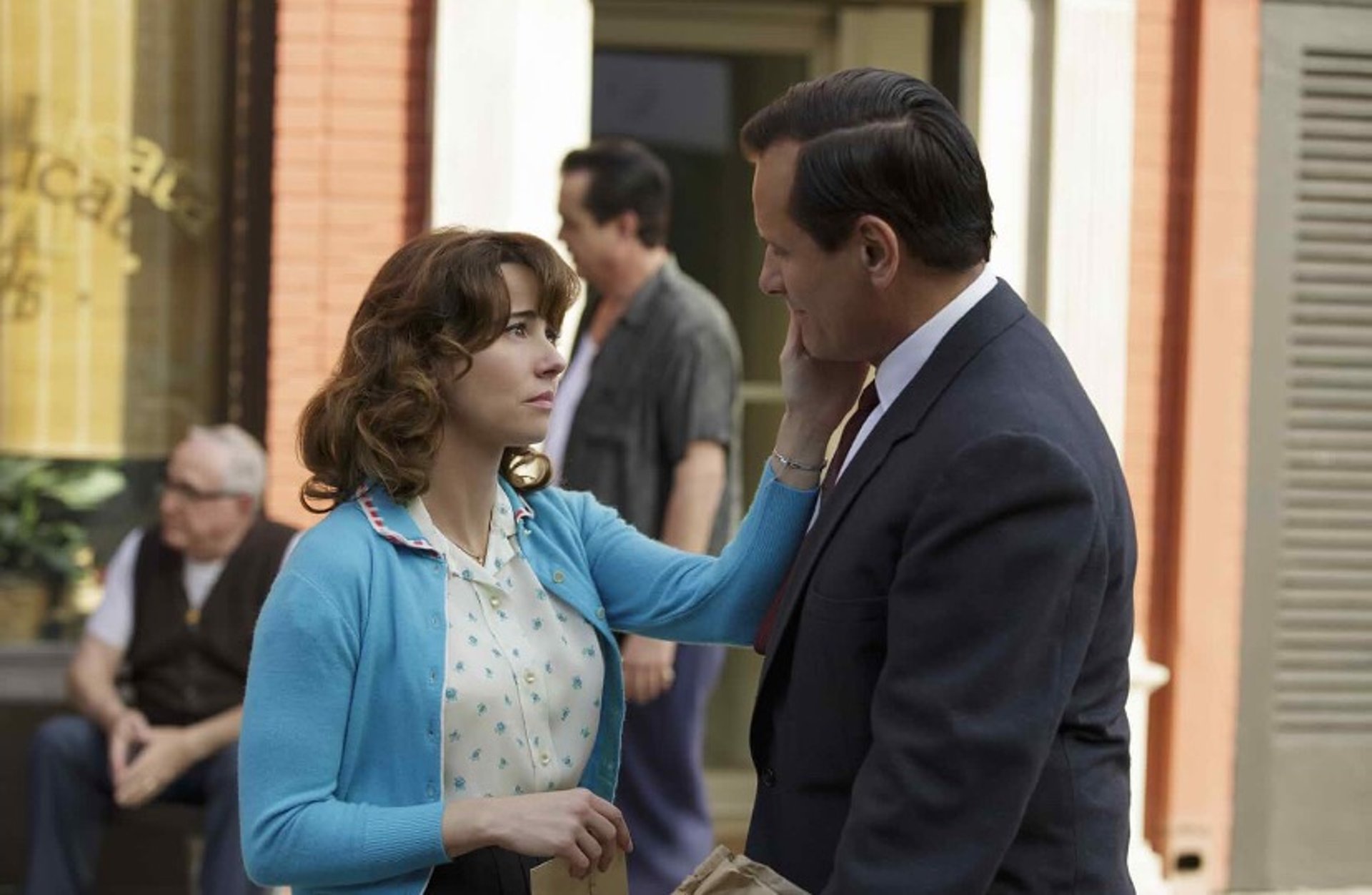

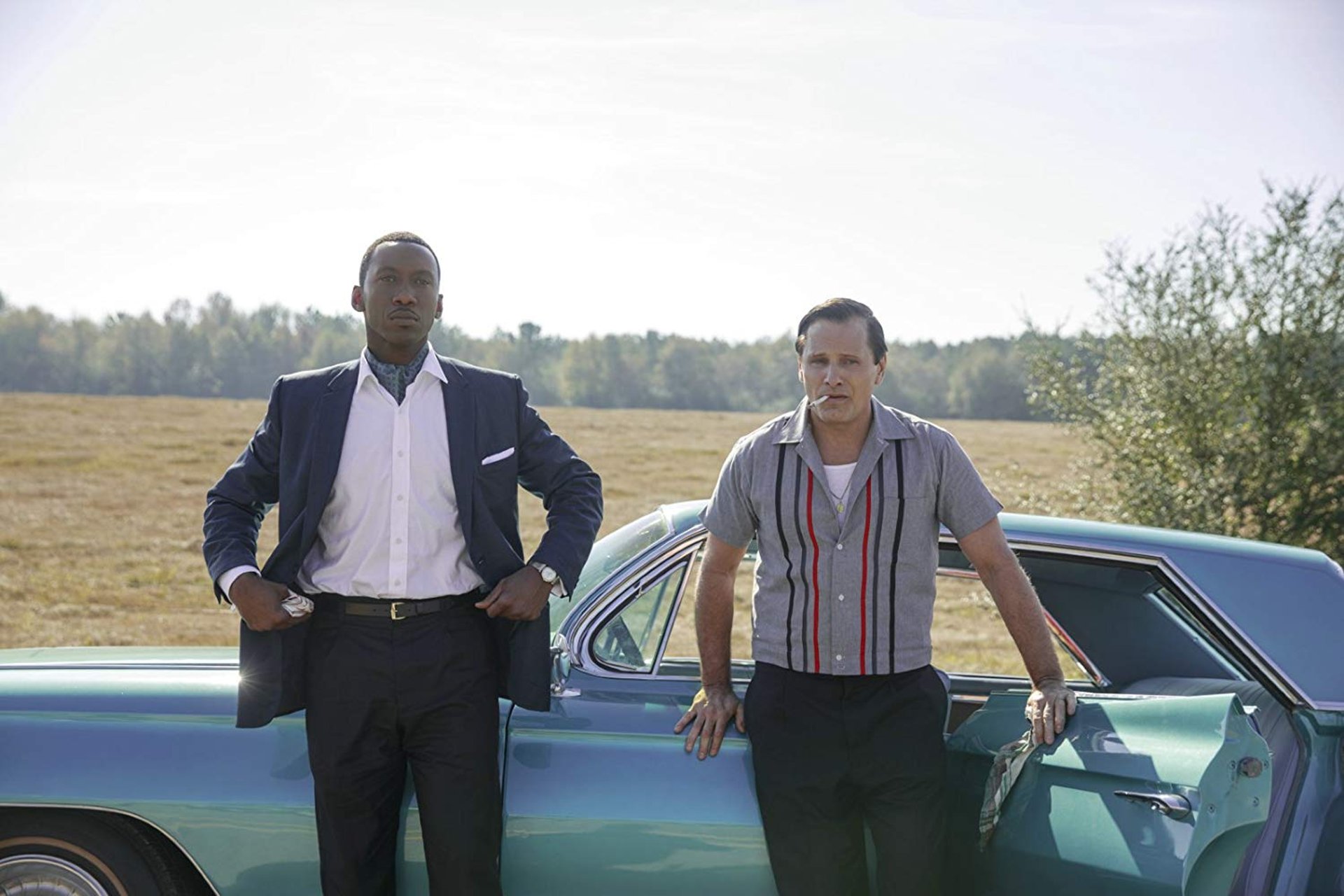
Green Book (2018)
Release Date: November 16, 2018
Director: Peter Farrelly
Starring: Viggo Mortensen, Mahershala Ali, Linda Cardellini
Green Book delivers a deeply touching story about an unlikely friendship between African-American pianist Dr. Don Shirley (Mahershala Ali) and Italian-American bouncer Tony “Lip” Vallelonga (Viggo Mortensen). Set against the backdrop of 1962 America’s segregated South, this road trip drama explores racial prejudice, cultural divides, and personal growth with warmth, humor, and heart. While it leans on familiar storytelling tropes, the film’s emotional core really hits home — and I found myself genuinely moved, entertained, and informed.
The Plot: A Journey Through Prejudice and Unexpected Bonding
At its core, Green Book follows Tony Vallelonga, a street-smart, blunt New Yorker who takes a job driving Dr. Don Shirley, a refined and enigmatic classical pianist, on a concert tour through the South. Tony starts off harboring stereotypical biases and misunderstanding Shirley’s world. But as they travel together, battling external racism and internal tensions, a genuine bond forms. The “Green Book” itself — a travel guide listing safe places for Black travelers — serves as a powerful symbol of the harsh realities Shirley faces.
What I loved about this film is how it balances moments of humor with serious social commentary. Scenes like Tony teaching Shirley how to eat fried chicken provide laughs but also underline the cultural gaps they navigate. Watching Tony evolve from a man with preconceptions to someone who genuinely respects Shirley is a compelling arc that feels earned.
Standout Performances: Ali’s Elegance Meets Mortensen’s Rough Charm
Mahershala Ali’s portrayal of Dr. Shirley is nothing short of masterful. He captures the complexity of a man caught between worlds: not fully accepted by white society, yet feeling distanced from his own Black community. His quiet dignity, restrained pain, and occasional vulnerability had me emotional during several scenes, especially where Shirley wrestles with loneliness and identity. Ali brings a layered humanity that elevates the film beyond a simple buddy comedy.
Viggo Mortensen, playing Tony, delivers a performance equally memorable but from the opposite side of the spectrum. His rough-around-the-edges charm, blunt humor, and evolving empathy make Tony relatable and endearing. You see his transformation unfold gradually — the film doesn’t sugarcoat his flaws, which makes his growth feel authentic.
Direction and Tone: Heartfelt but Simplified
Peter Farrelly, known mostly for broad comedies like Dumb and Dumber, surprisingly pulls off a sentimental tone that keeps the story accessible and engaging. However, the film does sometimes simplify the gravity of racial issues for the sake of warmth and feel-good storytelling. This approach works for many viewers but left me wishing for deeper exploration of Shirley’s unique experience — his identity struggles and the systemic racism he faces go beyond what the screenplay fully tackles.
Green Book largely centers on Tony’s growth rather than Shirley’s, which can feel like a missed opportunity to fully honor Shirley’s perspective. Yet, Farrelly’s direction manages to blend humor and drama so that the story remains heartfelt without becoming overly preachy.
Humor and Heart: The Film’s Soul
What truly saved Green Book for me was its humor and emotional sincerity. The chemistry between Mortensen and Ali shines through every interaction, making their friendship feel believable and moving. The comedy never undercuts the serious moments but provides needed relief and humanizes the characters. This mix made the film a genuinely enjoyable experience that I could watch again and again.
More than just entertainment, I learned a lot about the real “Green Book” — the actual guide African Americans relied on during segregation. This aspect of history was new to me and made the movie both educational and eye-opening. The film delicately nudges viewers to reflect on the progress made and the struggles still faced.
Cinematography and Music: A Beautiful Contrast
Visually, the film captures the American South with a warm, nostalgic palette that contrasts with the darker realities the characters endure. The cinematography invites viewers into a world that’s both charming and troubling. The soundtrack cleverly blends Shirley’s classical music performances with Tony’s love for rock and roll and jazz, reinforcing the cultural divide and eventual harmony between the two men.
Public Opinion: Praise and Criticism from Audiences and Critics
Green Book won the 2019 Academy Award for Best Picture, reflecting its broad commercial and critical success. Many audiences praised its heartwarming story, strong performances (especially Mahershala Ali’s nuanced portrayal), and effective blend of humor and drama. Viewers connected with the film’s message of overcoming prejudice and forming unlikely friendships, making it a popular pick for both mainstream and awards-season viewers.
Critics, however, were divided. While some applauded the performances and accessible storytelling, others criticized the film for simplifying the complexities of racism into a feel-good buddy movie. The film’s emphasis on Tony Vallelonga’s perspective led to accusations of perpetuating a “white savior” narrative, which many felt marginalized Dr. Don Shirley’s voice and agency. Several reviewers also pointed out historical inaccuracies and the glossing over of Shirley’s cultural identity and struggles.
Despite these debates, Green Book sparked important conversations about representation in Hollywood and how stories about race are told. It remains a film that resonates emotionally with many but also invites critical reflection on the challenges of portraying history authentically.
Controversy: The Real Story and Its Representation
The most significant controversy surrounding Green Book involves the portrayal of Dr. Don Shirley and the nature of his relationship with Tony Lip. Shirley’s family publicly denounced the film, stating it distorted his personality and downplayed his ties to the Black community, claiming the film painted a caricature rather than a full picture of the man. They argued that the narrative minimized Shirley’s independence and cultural sophistication by framing Tony as a central figure in his life, which they felt was inaccurate and disrespectful.Historians and commentators also noted that the film sidesteps more complex racial and social issues of the era, opting for a safer, more commercially viable story. The “buddy comedy” tone was seen by some as diminishing the harsh realities of segregation and systemic racism. Critics argued the film avoided deeper engagement with the emotional and political struggles Shirley faced, opting instead for a simplified story of friendship.In addition, some viewed the film as an example of Hollywood’s tendency to center stories of people of color around white protagonists, leading to a wider conversation about narrative ownership and perspective in film.While Green Book remains a beloved film for many, these controversies highlight ongoing tensions between entertainment, historical accuracy, and representation in storytelling
Final Thoughts: A Heartfelt Journey Worth Taking
Green Book is far from perfect — it glosses over some difficult truths and leans heavily on Tony’s narrative. But it’s a deeply moving film with outstanding performances that touches the heart and opens the door to learning about a lesser-known piece of American history.
For me, the movie’s ability to combine humor, humanity, and hope made it a memorable experience. Mahershala Ali’s tearjerking scenes stay with me, and watching Tony evolve from ignorance to understanding felt genuinely rewarding. The story’s life lessons about friendship, empathy, and confronting prejudice are timeless.
I could easily watch Green Book again, as it offers both entertainment and important reflections — a rare combination. If you’re looking for a movie that balances laughter, tears, and meaningful social commentary, Green Book is definitely worth your time.
Final Rating: ⭐⭐⭐⭐⭐⭐⭐⭐⭐ (8/10)




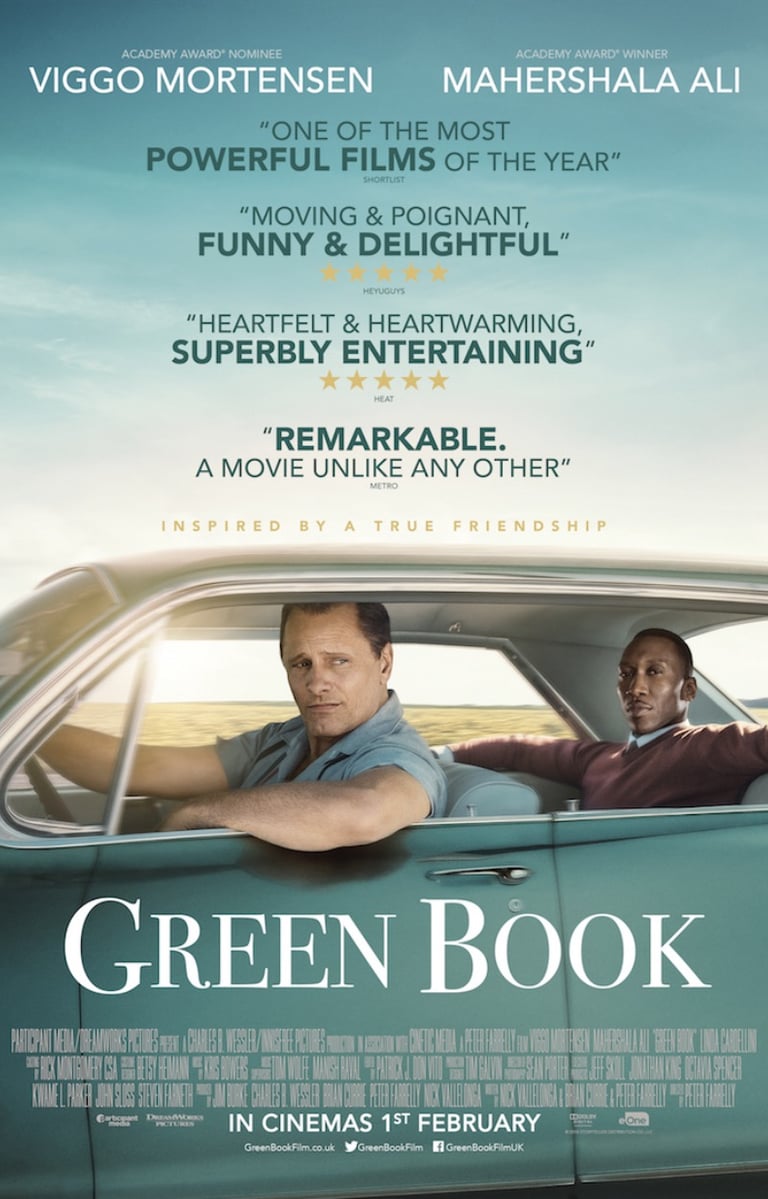



As an Amazon Associate, I earn from qualifying purchases.
